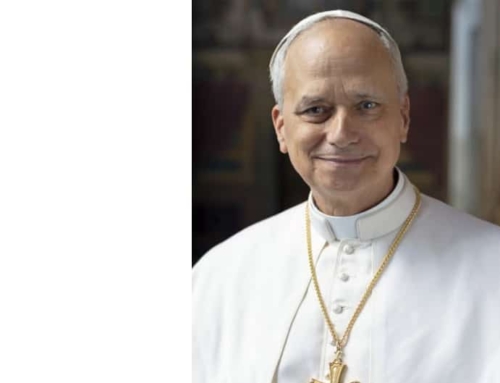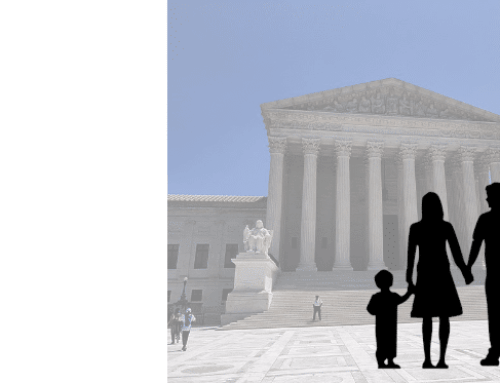
The Los Angeles Times says the bishops have nothing to fear about the effects of same-sex marriage, and are needlessly raising red flags over the Health and Human Services mandate. It is twice wrong.
The editorial tells Catholics to take comfort in the fact that “the Roman Catholic Church can’t be required to…ordain women despite laws against sex discrimination,” and should therefore not fret over alleged threats stemming from gay marriage. This is a remarkable statement: the Obama administration tried to do just that by telling religious employers what they can and cannot do in hiring and firing decisions, but it lost in the Supreme Court in the Hosanna-Tabor decision. Should Catholics celebrate because Obama lost?
At the heart of the editorial’s objections to the two positions staked out by the bishops is the conviction that there is a profound constitutional difference between a church and a religious-affiliated institution. In a strict theological sense, of course, there is a difference between the work of a parish and the work of a Catholic non-profit that serves the poor. But the latter does not lose its Catholicity because it does not discriminate against non-Catholics.
The editorial says that “if a Catholic university or hospital employs and serves non-Catholics,” they must provide the same services to married gay couples as they do married straight couples. It also contends that it makes sense to draw a distinction between churches and “religiously affiliated schools and charities that serve and employ people of all faiths.”
In other words, because Catholic non-profits are catholic—they serve everyone regardless of biological or social status—they should now be penalized. Perhaps if Catholic hospitals were to put up signs saying “No Protestants, Jews, Muslims or Atheists Welcome,” the Los Angeles Times would congratulate them.
There is a better way: the Obama administration should respect the First Amendment rights of Catholic institutions. By doing so, it would allow them to fulfill their proud tradition of serving non-Catholics.







